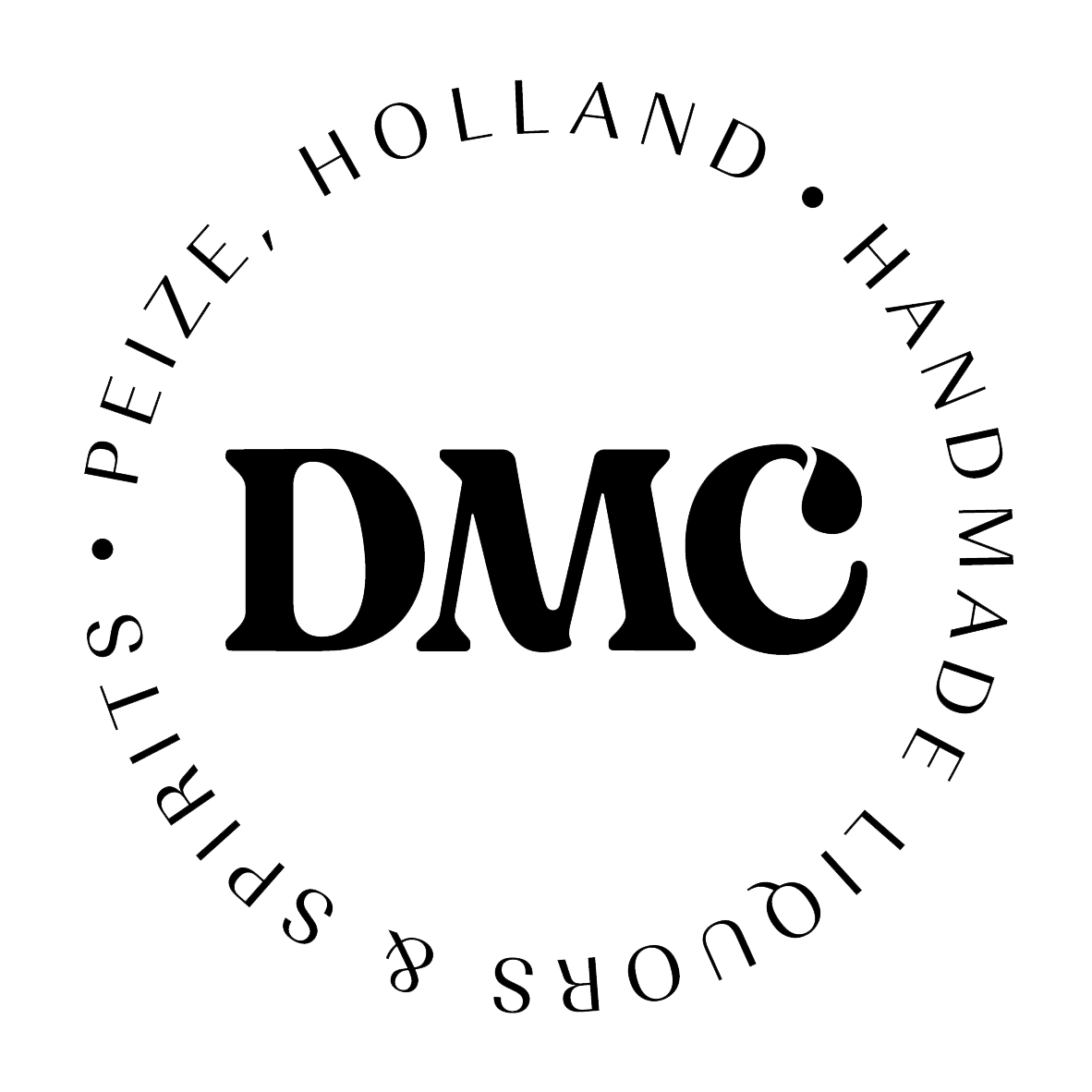Overcoming business barriers takes a clear understanding of what is controlling your business back again. This can be anything at all from deficiencies in time to a small client base and poor marketing strategies. The good thing is that it can be set by being aggressive and questioning the obstacles that stand in on your path.
These limitations may be healthy, such as substantial startup costs in a fresh industry, or they can be produced by government intervention (such as certification or patent protections that keep away new companies) or by simply pressure coming from existing companies to prevent various other businesses from taking all their market share. Boundaries can also be ancillary, such as the desire for high customer loyalty to create it worthy to change from one firm to another.
One more major buffer is a industry’s inability to formulate and produce new items. The need to make investments large amounts of redirected here capital in representative models and evaluating before investing in full creation often attempts companies from entering fresh markets or from stretching their reach into existing ones. This runs specifically true of large makers that have economies of size, such as the capability to benefit from huge production runs and a highly trained workforce, or perhaps cost positive aspects, such as proximity to economical power or perhaps raw materials.
Misunderstanding barriers are among the most common business barriers to overcoming. These occur each time a team member does not have clear understanding of your organization’s quest and desired goals, or when ever different departments have conflicting goals. A vintage example is usually when an inventory control group wants to keep as little stock in the factory as possible, while a revenue group requires a certain amount for potential huge orders.



